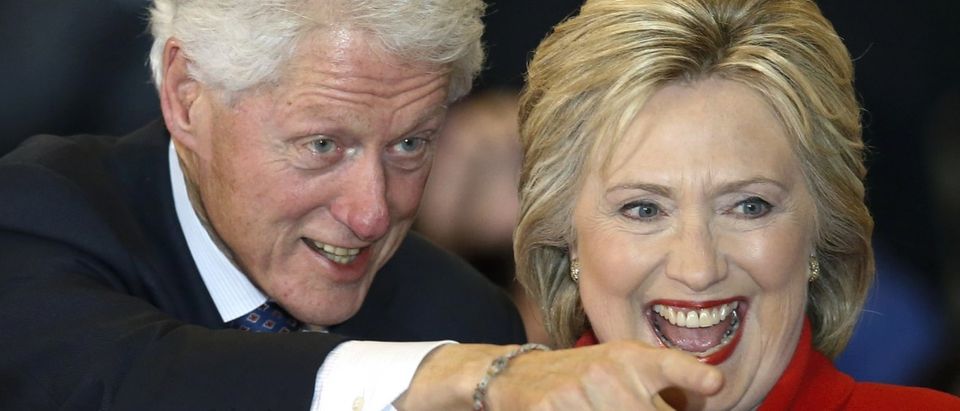In case you missed it, there was a mini-scandal this week when some old documents resurfaced on Gawker that seemed to show journalist Marc Ambinder (then at the The Atlantic) making unseemly concessions in order to obtain an early copy of a foreign policy speech to be delivered by then-Secretary of State Hillary Clinton.
Let me begin my saying I have known Ambinder in a professional (not personal) capacity for more than a dozen years, and have found him to be utterly professional, generous, and honorable. He’s also a smart analyst and a dogged reporter—even if I don’t always agree with him. I should also note that he serves as editor-at-large for TheWeek.com, where I am also a contributing editor (though we rarely interact in that capacity).
It’s important to note that this alleged event took place seven years ago. What is more, I’m not sure how many of us would fare well if emails we thought were private were suddenly broadcast without context. We all make mistakes, and in a competitive media environment where “if you ain’t first, your last,” sometimes the desire for a scoop can overwhelm appropriate journalistic ethics.
But I’m not sure that’s even what happened here. (More on that later…)
Part of the problem is that this is a story that fits into the “Too good to check” category. It’s especially fun for conservatives who suspect that the media is in cahoots with the Clintons, and in that regard, this confirms our biases and advances a helpful narrative.
In this case, the specific allegation is that Ambinder was given an advance copy of the remarks in return for agreeing to describe the speech as “muscular.” There is no doubt that journalists have made such deals with politicians in the past, but let’s just say that on the surface this looks very bad and embarrassing and unprofessional. It also feeds the suspicion that the media is biased, the game is rigged, and the elites are looking out for each other.
But looks can be deceiving. Some additional information has emerged that puts things in a different light. In an email to the Washington Post’s Erik Wemple, Ambinder provides some important context:
“From what I can recall from seven years ago, and I know memory can be self-serving, [Clinton spokesman Philippe Reines] and I discussed the speech in a phone call before the email. I told him it seemed pretty muscular because it seemed muscular,” writes Ambinder. “In the follow up messages that FOIA unearthed, he was needling me. ‘Hey, you said it was muscular. So use that word in your voice.’ It was a flack’s flacking suggestion. Based on the way he had described the speech, it was muscular. So I found the adjective appropriate.”
It’s impossible for me to know if this is true—but this is perfectly plausible. And because I have known Ambinder for years, and he has always conducted himself in in a highly professional manner, I am inclined to believe it. When he tells Wemple that “muscular was my word. The decision to characterize the envoys was mine. No one fed me anything. Period,” I suspect he’s shooting straight.
So there is no smoking gun. The emails are not dispositive. It’s easy now to see how the original emails from seven years ago might seem incriminating, but, in fact, might have been completely anodyne. The desire for transparency and to hold politicians accountable is a positive, instinct, but until I see more, I’m inclined to trust Ambinder.
Heaven knows Hillary Clinton’s emails are fair game, but let’s be careful of who gets caught in the crossfire.


